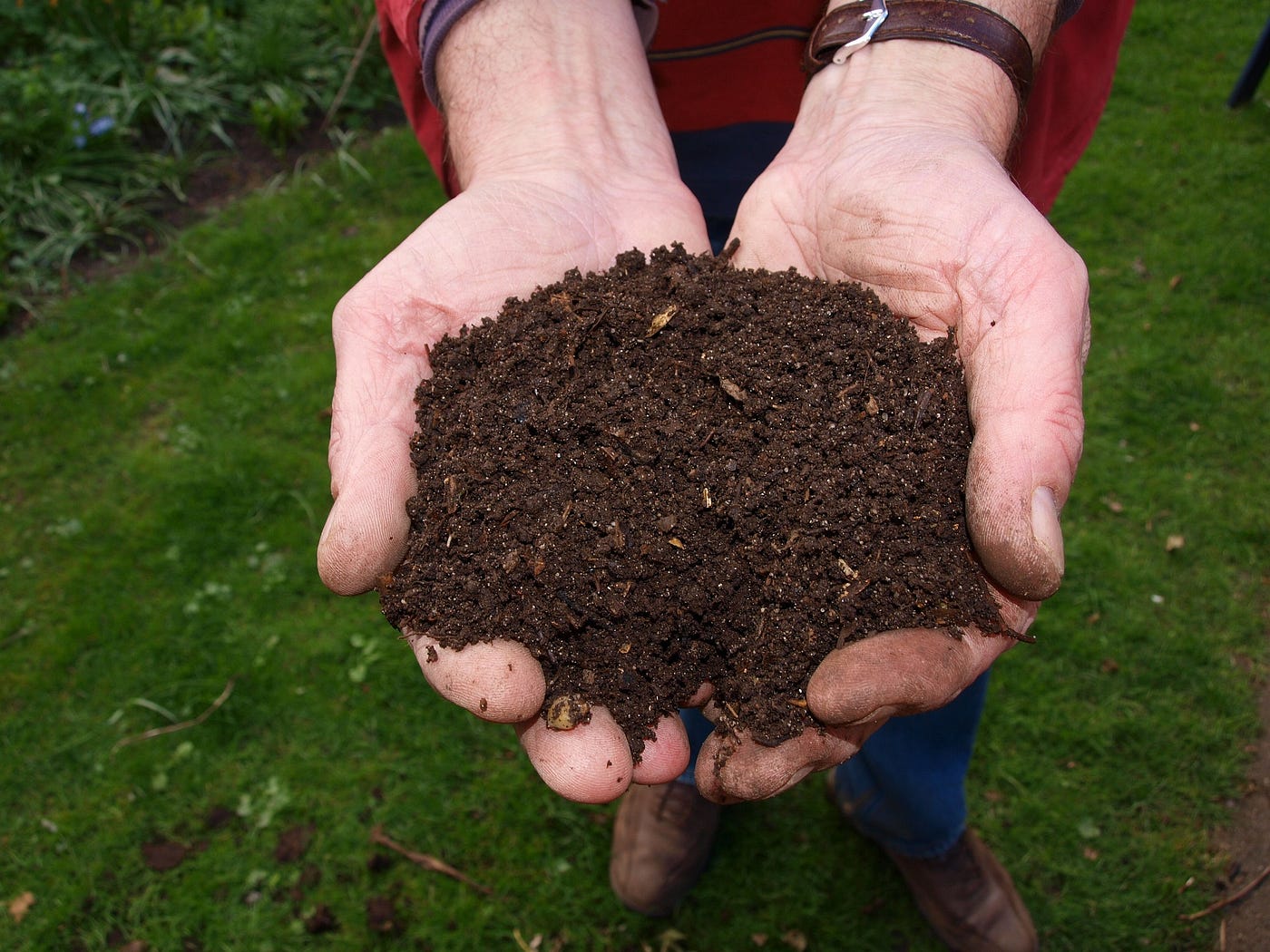When it comes to reducing waste and contributing to a healthier planet, the last thing you might think of is your hair. But did you know that your hair trimmings can be a valuable resource for your garden? Say goodbye to tossing those locks in the trash and hello to composting hair waste – turning your trimmings into garden gold!
The Hidden Potential in Your Hair Trimmings
Before you sweep those hair trimmings into the bin, consider the hidden potential they hold. Hair is rich in nitrogen, an essential component for a healthy compost pile. Nitrogen helps speed up the decomposition process and provides valuable nutrients for your plants. By composting your hair waste, you’re not only reducing landfill contributions but also enriching your garden soil.
How to Compost Hair
Composting hair is a straightforward process that can benefit both your garden and the environment. Begin by collecting your hair trimmings in a dedicated container. Ensure that the hair is clean and free from any hair products. Mix the hair with other compostable materials like kitchen scraps, leaves, and grass clippings to create a balanced compost pile. Turn the compost regularly to aerate it and speed up the decomposition process. Before you know it, you’ll have nutrient-rich compost ready for your garden. ♻️
The Benefits of Composting Hair
Composting hair waste offers several advantages for both your garden and the environment. The nitrogen content in hair enhances the compost’s nutrient profile, promoting healthier plant growth. Additionally, composting hair reduces the amount of organic matter sent to landfills, contributing to the reduction of methane emissions – a potent greenhouse gas. It’s a win-win for your garden and the planet.
Composting Tips for Hair Care Salons
For hair salons and barber shops, composting hair can be a sustainable practice that aligns with eco-friendly values. Consider partnering with local composting facilities or explore on-site composting options. Educate clients about the environmental benefits of composting hair waste, encouraging them to support salons that prioritize sustainability. Small steps within the beauty industry can make a big difference in reducing overall waste. ♀️
Caution: Avoid Chemicals and Dyes
While hair itself is an excellent addition to your compost pile, be cautious if your hair has been treated with chemicals or dyes. Synthetic substances and harsh chemicals can disrupt the composting process and harm the microorganisms responsible for decomposition. If your hair has been chemically treated, it’s best to dispose of it in the regular trash rather than risking contamination in the compost.
Conclusion
Composting hair waste is a simple yet impactful way to turn an overlooked resource into a valuable asset for your garden. By adopting this eco-friendly practice, you’re not only reducing landfill waste but also contributing to healthier, more vibrant plants. So, the next time you visit the salon for a trim, consider asking for your hair clippings – your garden will thank you!

Leave a Reply